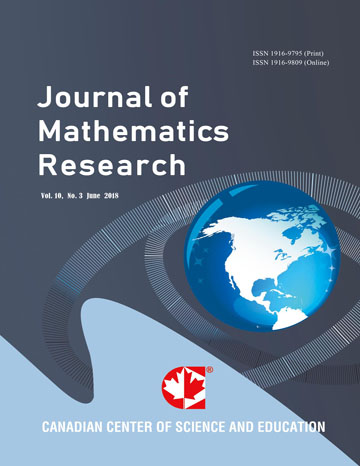Strong Goldbach Number in Goldbach’s Problem
- Pingyuan Zhou
Abstract
Based on the data we get, nlog n is acceptable approximation to A(Pn) for small Pn ( most of relative errors are on the order of 1%, 1‰ or 0.1‰ for Pn less than 2000 ), where Pn is the n-th prime for n ≥ 2 and A(Pn) = Ln − Pn but Ln is the largest strong Goldbach number generated by Pn. Thus we propose a proposition that A(Pn) ≈ nlog n for all Pn. To give indirect verification of the proposition for large Pn, we obtain an experimental formula for calculating the number of primes not greater than Pn relying on existence of A(Pn). Using the formula, our found relative errors are generally smaller than that arising from x/log x, for example, there is a found relative error to be about 0.00935% for the 382465573492-th prime but the relative error is about 3.45305% by x/log x, 0.16046% by x/((log x) − 1.08366), 0.02479% by x/log x + x/(log x)2 + 2x/(log x)3. If the proposition is proven, then Goldbach’s conjecture is true.
- Full Text:
 PDF
PDF
- DOI:10.5539/jmr.v9n6p95
Index
- ACNP
- Aerospace Database
- BASE (Bielefeld Academic Search Engine)
- Civil Engineering Abstracts
- CNKI Scholar
- DTU Library
- EconPapers
- Elektronische Zeitschriftenbibliothek (EZB)
- EuroPub Database
- Google Scholar
- Harvard Library
- IDEAS
- Infotrieve
- JournalTOCs
- MathGuide
- MathSciNet
- Open policy finder
- RePEc
- ResearchGate
- Scilit
- Technische Informationsbibliothek (TIB)
- The Keepers Registry
- UCR Library
- Universe Digital Library
- WorldCat
Contact
- Sophia WangEditorial Assistant
- jmr@ccsenet.org
